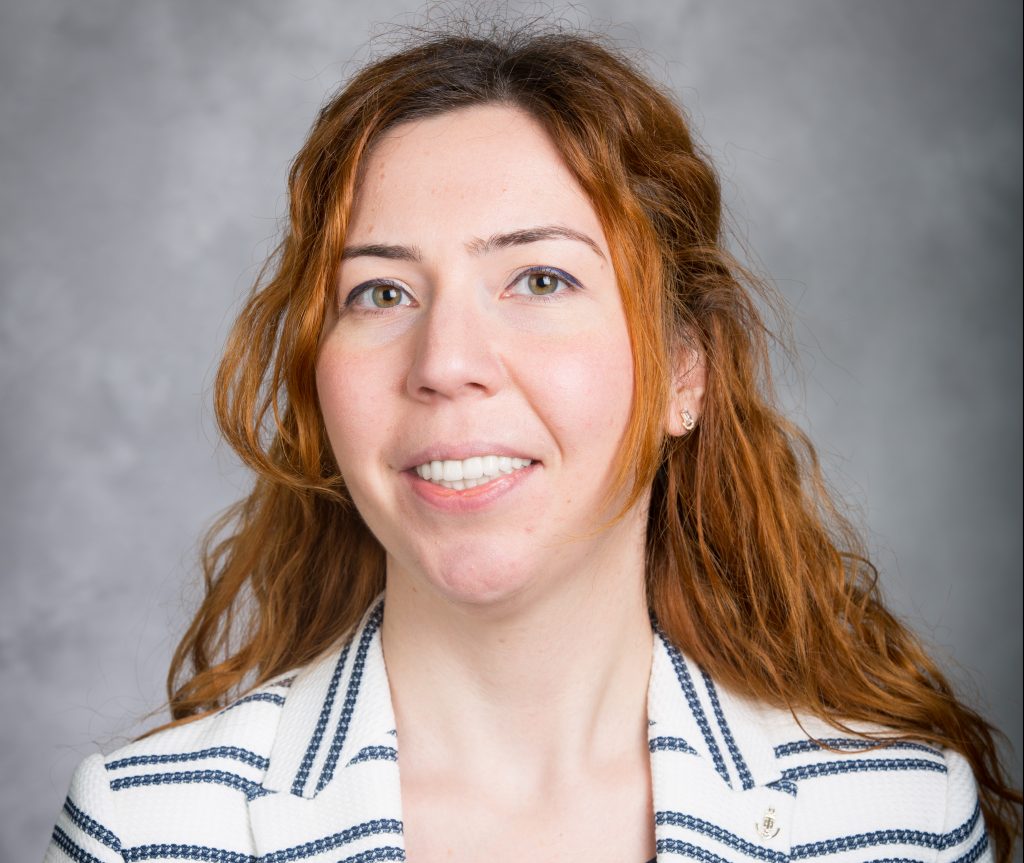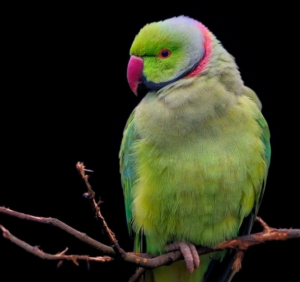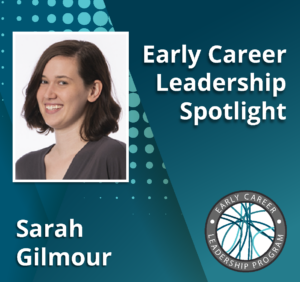We’re taking time over the following weeks to get to know the members of the GSA’s Early Career Scientist Committees. Join us every week to learn more about our 2019 early career scientist advocates.

Şeyma Katrinli
Multimedia Subcommittee
Emory University School of Medicine
Research Interest
Psychiatric disorders, such as post-traumatic stress disorder (PTSD), dramatically lower the quality of life of affected individuals and may even lead to suicide. PTSD is unique among psychiatric disorders as it requires exposure to trauma to develop. Research in this area is complicated by the fact that not all individuals who experience trauma develop PTSD. The complex PTSD phenotype results from a combination of multiple genetic and environmental factors, and it is accompanied by dysregulation of the immune system in many cases. My research focuses on the genetics and epigenetics of PTSD and PTSD-related phenotypes, including resilience, suicide, and substance abuse.
Using large omics datasets with genetic, methylation, and expression data, I work to identify candidate genes and pathways involved with PTSD and its related phenotypes. Previous studies demonstrated a strong link between PTSD and immune dysfunction. Hence, I’m particularly interested in the effect of the immune system and human leukocyte antigens (HLA) alleles responsible for shaping an individual’s immune response on susceptibility and resilience in PTSD and other psychiatric disorders. To evaluate the relation between PTSD and immune system, my work focuses on identifying HLA alleles that increase or decrease the risk of developing psychiatric disorders. I identify PTSD-related epigenetic markers and look for epigenetic markers in genetic and gene expression data to discover underlying pathways of PTSD.
As a PhD-trained scientist, you have many career options. What career paths interest you the most?
My PhD training taught me how to ask robust scientific questions to pursue my research, how to search for answers, and how to best utilize my skills. I started my PhD as a wet-lab scientist, but as I progressed through my PhD project, I discovered that I enjoyed analyzing data more than generating it. This realization helped my transition from wet-lab to dry-lab science. No matter what type of data I am working with, I excel in the use and design of quality control, optimization pipelines, and testing various statistical models.
I’m most interested to work in a research-intensive role in an environment that supports interdisciplinary research and community engagement. My PhD training in combined wet- and dry-lab research puts me in a unique position to be able to understand and compile complex data, as well as communicate research with scientists from various fields such as biology, genetics, social services, computer sciences, and medicine. An ideal job will require that I interact with diverse groups of researchers and engage with the local community.
In addition to your research, how else do you want to advance the scientific enterprise?
Academic training is the cornerstone of the scientific enterprise. Graduate training should be a time of enthusiasm, novel discoveries, excitement, and self-development. Unfortunately, not all PhD students associate these qualities with their PhD experience. Instead, many suffer from depression due to conflicts with faculty members, fear of making wrong decisions, and not fitting in. They remember their graduate experience as one of the darkest periods of their lifetime. I’ve shared this experience and am familiar with the struggles experienced during graduate school. Because of this, I would like to mentor PhD students and postdocs in need of training and career guidance, to help them find which key abilities and skills they need to improve in order to pursue their career interests.
As a member of the Emory University Postdoctoral Council for Diversity, I actively participate by organizing Lunch & Learn events where scientists from academia and industry share their career experiences with postdoctoral fellows in an informal setting. As a foreigner working in the United States, I’m not always familiar with the country’s academic system. Therefore, I’ve benefited greatly from attending and organizing these events. I’d like to build on this experience and offer career counseling for international PhD students and postdocs to guide them with their transition and adaptation process to the US academic environment.
As a leader within the Genetics Society of America, what do you hope to accomplish?
As part of the Early Career Scientist Leadership program, my main goal is to guide early career scientists through their careers by helping them to find what they do best and teaching them how to use their strengths to advance their careers. I hope to contribute to this goal by interviewing successful scientists from various backgrounds such as medical doctors, data scientists, and scholars as part of the Decoding Life series. I’m excited to turn their experiences into valuable career guides. These interviews help to introduce early career scientists to the diversity of career options and help them decide which paths are well-suited to their interests and skills.
Previous Leadership Experience
- Member — Postdoctoral Council for Diversity, Emory University
- Research Assistant Representative — Istanbul Technical University













